May-2015
The beach at Oiteiros
The coastal Amazon still preserves some of its traits on the beach of Oiteiros, on the western shores of Maranhão, through its flora and the abundance of species in its banks and pools, as well as through the habits of its people, in the slow time that spreads lazily over the hot hours. It also preserves itself in the calm daily work of the cofo, or straw basket, makers, the artisanal fishermen weaving nets, the babaçu nut breakers, the naval carpenters, and the manioc flour factories.
Life still moves calmly in this place, but not free from evils, much less immune to ruptures. All you have to do is pass by the school gate to notice in the architecture the brutal lines that divide community life, its nature, the fishermen and their knowledge, the naval carpentry and its masters, the many artisans and their active awareness of the local economy, from an educational project that is alienating, with a crass logic, built of rooms and walls too narrow and with its back to the sea.
But play, the place in which to live for real, that can’t wait. The school for the soul, the workshops of creation, engineering bridges that connect our knowledge, those don’t wait and happen every day in backyards, on boats anchored on the beach, in the real lives of children.
Senhor Manoel’s arrival brought to the lives of the fishermen at the very least a new type of boat, unknown in the region. But it also added a new dream to the lives of the children: to build these double-bowed ships, light and fast, intricate, with a bolder style of sailing. The boys and girls began to make their own catamarans out of the aftermath and leftovers of the shipyard. The owner never discouraged them from walking around, looking and learning with their eyes.
Children keep on like pirates, in spite of orders and reprimands, learning through theft, force, desire. Some focus on details, others on the general picture. Some know more about knots, others are better at carving. Each one grabs what they can from the spillover of the adults’ work. They keep on studying the body of the boat, understanding its anatomy and the purpose of each piece, the consequences of each function. They synthesize everything. Everything must work.
The boat games are almost like a musical instrument workshop. The constructions need symmetry so they can be tuned later. A crooked guitar is difficult, almost impossible to tune. A tiny boat with a mast beyond its proportions won’t handle the weight of the sails. A loose rudder won’t balance precisely. A light or short bolina won’t serve as ballast to steady the boat on the sea.
Once something is made, then you learn its effects. You may run into an overly strong wind at the end of a morning of building. As good as the effort was at building correctly, there will always be a need to tune, tune, and tune the boat so it hits the center of the whole objective: to slip lightly on the water. To build little boats is to imagine oneself cutting, carving, shaving the water. A boat building child has in their imagination’s bow a sharp hydrodynamic, capable of racing in the waters without being held back, with minimal friction, steering freely, dodging the sea’s moving weights.
This Portuguese man, Manoel, proved without any pretensions that the community is a school; that the school should consider itself a community. He didn’t turn his shipyard into a learning institute, but granted freedom for the children to see, visit, learn.
Children are just like that: they live through looking, dreaming about the foundations and structures of material life. If there’s an opening, a breach in the work of an adult, they enter quickly, take what they want, and leave happily, owners of tiny trophies in their repurposing workshops. Pirates of naps during the adult’s work.
Excerpts from the text The Castaway ands Pirates of Learning by Gandhy Piorski
Photos: Renata Meirelles
. 0



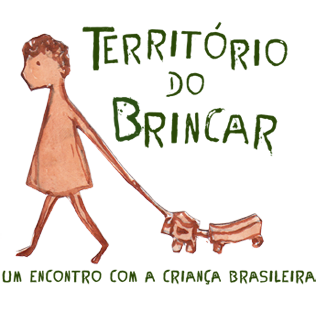
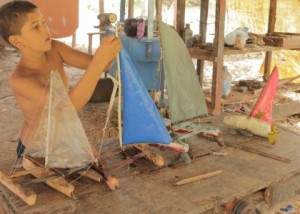
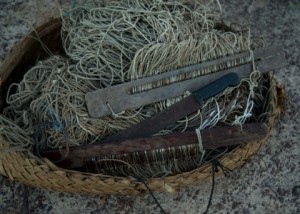
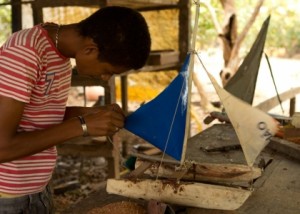
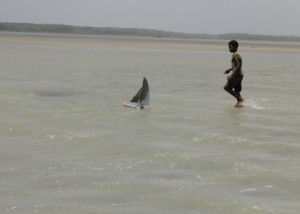
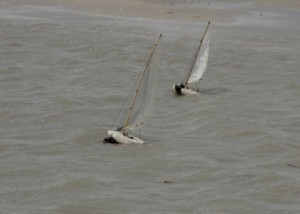
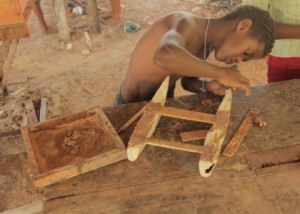


Leave a Reply